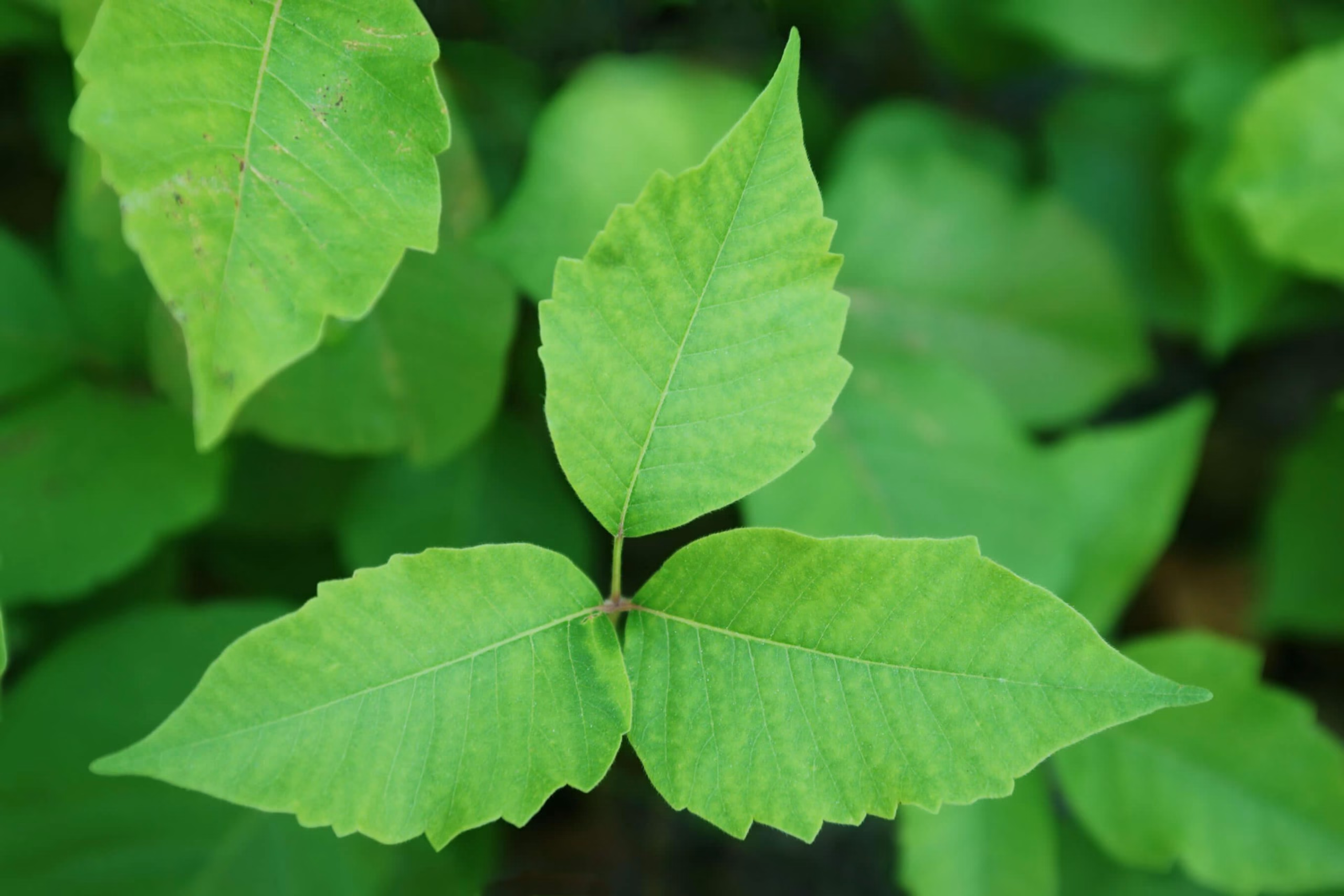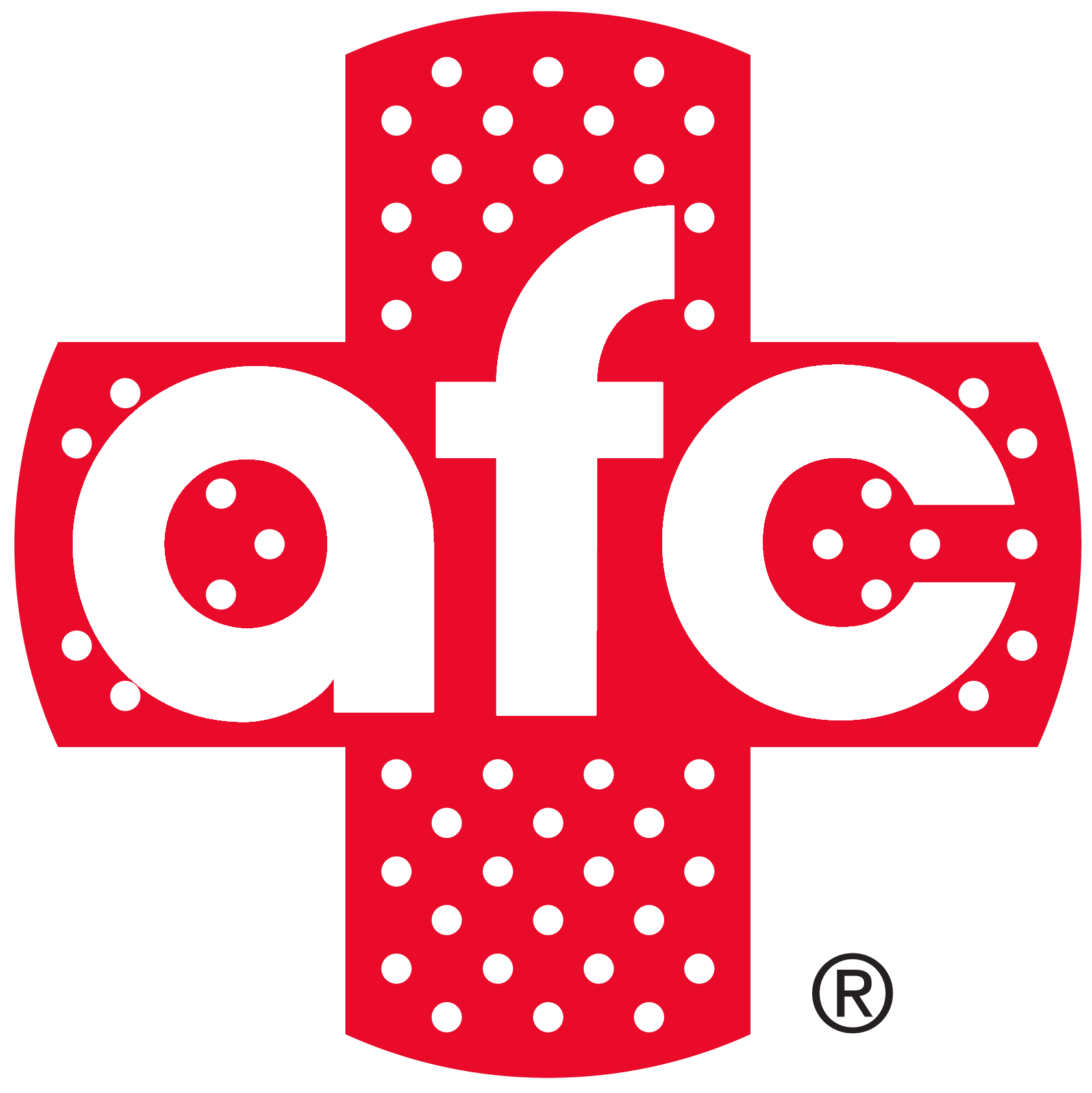All clinics open 7- days a week
Find The Location Nearest Covid-19 Testing
We think you’re located in zip code 98684. Not Right?
Poison Ivy, Oak & Sumac Treatment Near Me

Poison ivy, poison oak and poison sumac are the most common poisonous plants that people come into contact with. The all have a similar chemical makeup, and all three contain the rash causing chemical known as urushiol. The rash itself is not contagious, but after touching the plant, oils from the leaves can be transferred to anywhere you touch. This makes it easy to spread the rash to other parts of your body, or even other people, before you’ve even realized you’ve touched a poisonous plant.
If you know or suspect that you’ve come into contact with poison ivy or any other poisonous plant, make an appointment online or walk in to any AFC Urgent Care clinic today.
Symptoms Caused by Poisonous Plants
Anyone who comes into contact with these plants can develop a rash, and if the rash is severe enough, it can also cause symptoms such as fever, swelling and blisters. Some people might develop an anaphylactic reaction, and may need to seek immediate medical care. Landscapers, farmers, construction workers and hikers are most at risk of coming into contact with one of these plants, especially if work or activity involves touching or moving plants or debris. If a painful, itchy rash develops, doctors can prescribe topical steroids for treatment. Once a person has rinsed the poisonous resin from their skin, they can no longer spread the poison.
Take Preventative Steps
When you’re out, doctors recommend that you wear protective clothing, and try to avoid touching plants you don’t recognize. These two tips alone will go a long way toward preventing contact with poisonous plants. If you find poisonous plants near your home or work, use pesticides to kill the plants instead of pulling them up or burning them. Burning these plants could cause urushiol particles to become airborne, where they can be inhaled and cause a severe reaction.
How To Identify These Poisonous Plants
Poison ivy is usually found as a vine or shrub growing close to the ground. It can grow in urban and rural areas throughout much of North America, excluding deserts, Hawaii and Alaska. The plant has leaves arranged in groups of three — hence the saying, “leaves of three, leave them be” — and can have light-colored berries or small flowers.
Poison oak is very similar to poison ivy, although while poison ivy will typically have leaves with jagged edges, poison oak tends to have leaves with smooth, curved edges, much like actual oak leaves.
Poison sumac is the hardest to recognize of these three, because it tends to just look like a shrub or small tree. Each branch will have about 13 leaves, arranged in pairs. Poison sumac is found mainly in the Southeast United States, along riverbanks and other very wet areas. It has the potential to cause a more severe rash than either poison ivy or poison oak.
AFC Urgent Care FAQs
-
Why choose AFC for Urgent Care?
With state-of-the-art centers and a professional medical team, AFC provides on-site X-rays, labs, procedures, and more!
-
What's the difference between AFC Urgent Care and emergency room services?
Urgent care is for medical conditions that require prompt attention but do not pose an immediate threat to your health or life. Here is a simple rule of thumb: if your medical issues(s) are life threatening, call 911, or go directly to a hospital emergency room. If not, an urgent care center such as AFC is an excellent alternative.
Q&A You Want to Answer?

Don't wait to get the medical attention you need.
CALL US TODAY | (503) 305-6262


